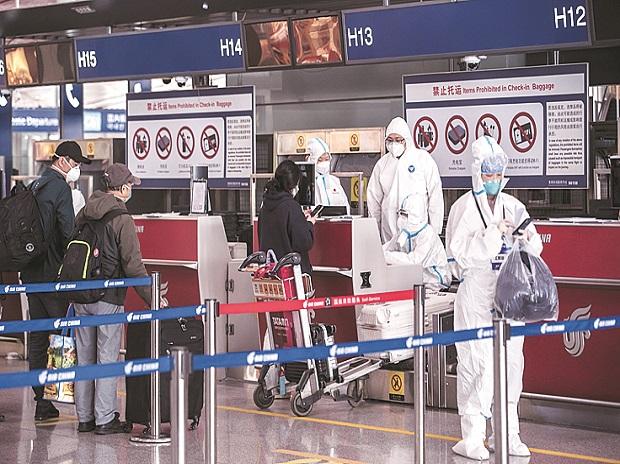To stop the pandemic, the number of new infections per day needs
to drop to zero, or at least to a very low number, as quickly as possible.
The U.S. is pinning
its hopes on a Covid-19 coronavirus
vaccine, but will a vaccine alone be enough to stop the pandemic and allow
life to return to normal?
The answer depends
on a how “good” the vaccine ends up being.
In a study published July 15 in the American Journal of Preventive Medicine, my colleagues and I used a computer simulation of every person in the country to show how effective a vaccine would have to be and how many people would have to get vaccinated to end the pandemic. We found that a coronavirus vaccine’s effectiveness may have to be higher than 70% or even 80% before Americans can safely stop relying social distancing. By comparison, the measles vaccine has an efficacy of 95%-98%, and the flu vaccine is 20%-60%.
That doesn’t mean
a vaccine that offers less protection would be useless, but it would mean
social distancing in some form may still be necessary.
What is vaccine
'effectiveness’ anyway?
Some political
leaders have suggested that society will return to normal soon, especially if a
vaccine becomes available by the end of the year or early in 2021. Some vaccines
are currently in early-stage trials, but that timeline would still be very
optimistic.
However, it is
important to remember that a vaccine is like many other products: What matters
is not just that the product is available but also how effective it is. Take
clothing for example. If you are going to a formal dinner, underwear alone may
partially cover you but probably not well enough for the occasion. This doesn’t
mean underwear is useless.

No comments:
Post a Comment